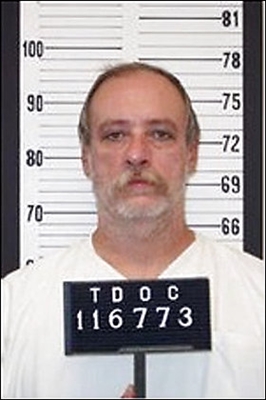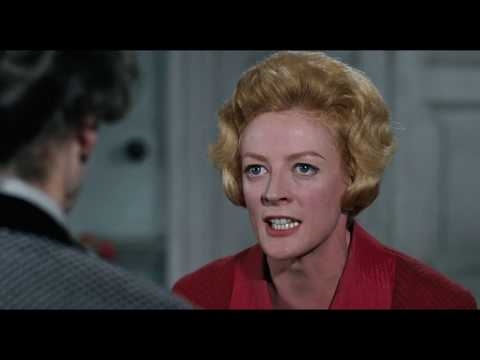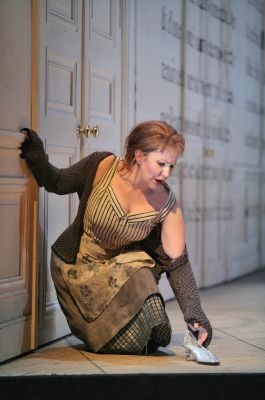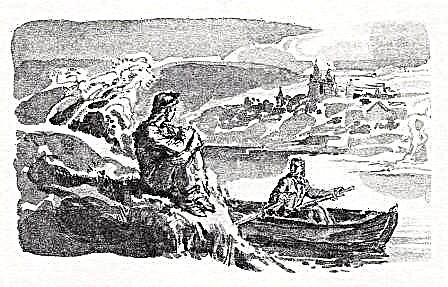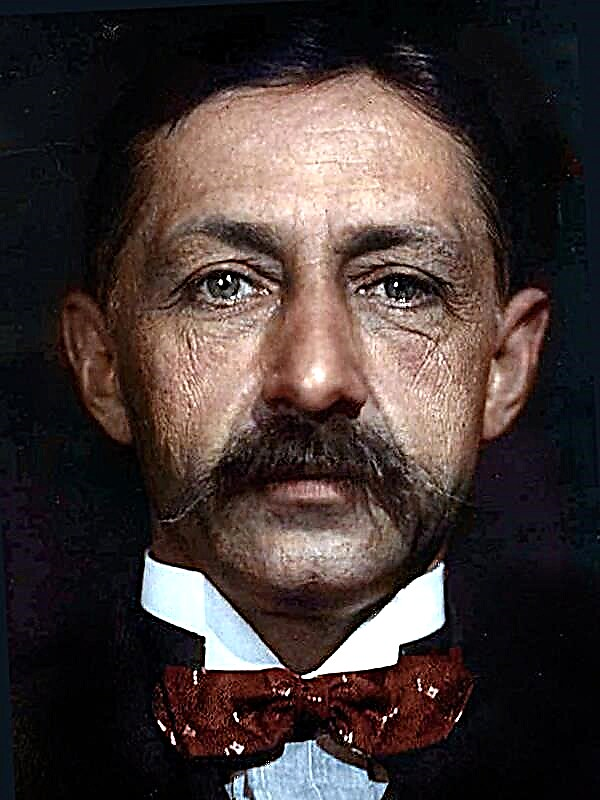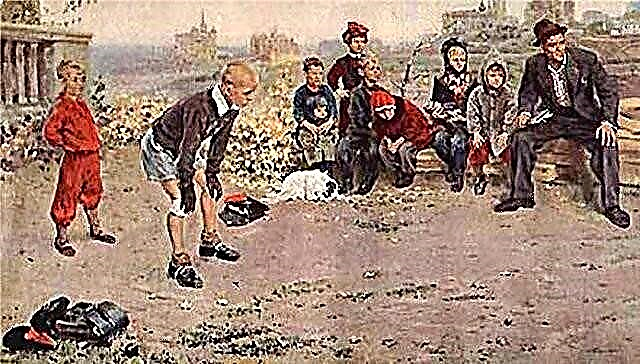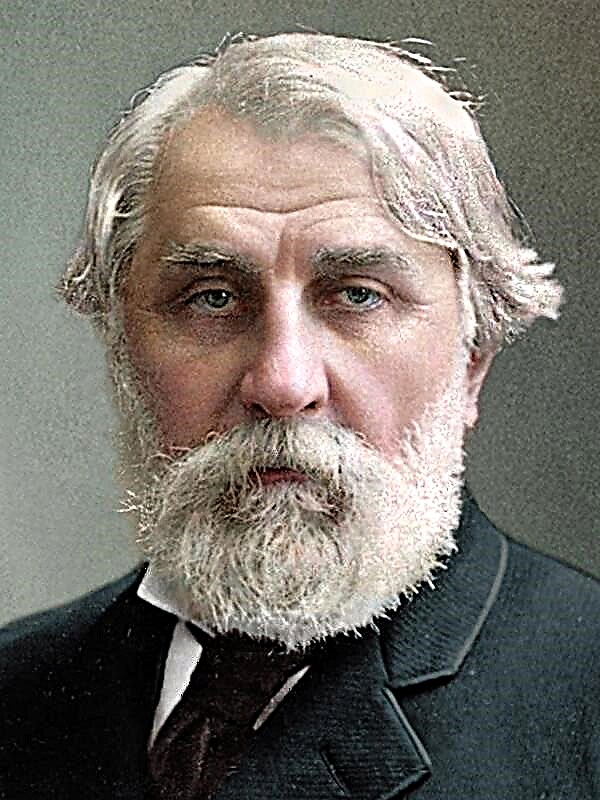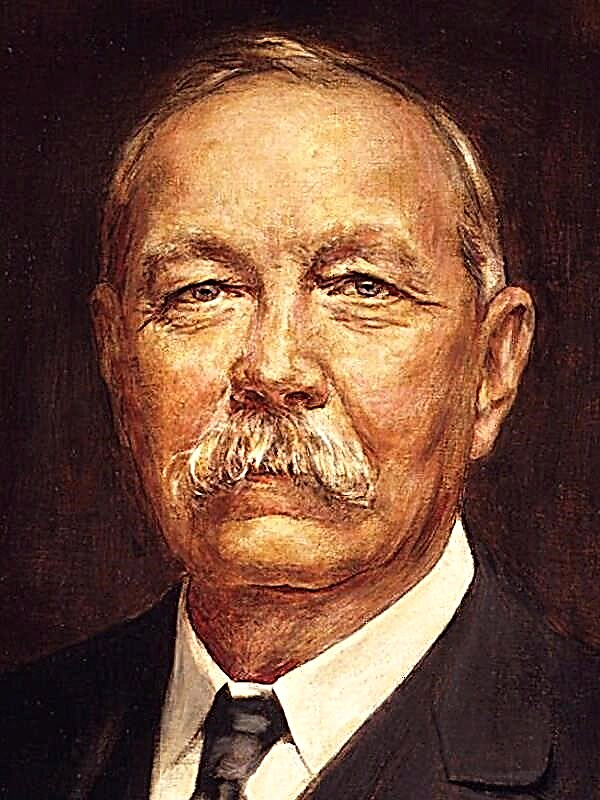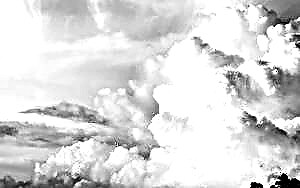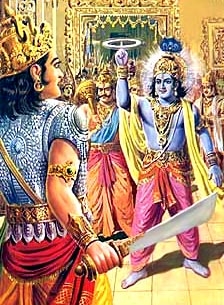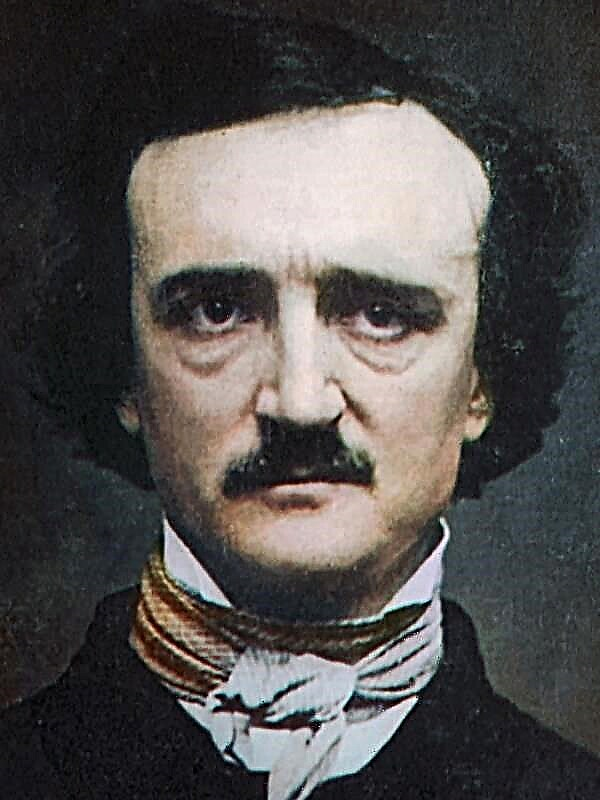In 1223, peoples came to Russia about which no one knew: they did not know their name, nor what their language and faith. Who called them Tatars, who are taurmens, and who are Pechenegs. It was only known that they conquered many lands, many peoples captivated. According to the Tver chronicler, God allowed such a misfortune because of the pride and arrogance of the Russian princes. The princes loved to boast of their courage and the removal of their squads. It was for this boast that God punished the Grand Duke of Kiev, Mstislav Romanovich.
It was in Russia, according to the annals, seventy heroes. One of them, originally from Rostov, was called Alexander (Alyosha) Popovich, he served Grand Duke Vsevolod Yuryevich, and when Vsevolod gave Rostov to his son Konstantin, Alexander began to serve Konstantin. Constantine was at enmity with his brother Yuri, who reigned in Vladimir. Being in the squad of Constantine, Alexander killed many people of Prince Yuri. Therefore, when Konstantin died and Yuri ascended the throne, Popovich was afraid that he would avenge the death of his faithful servants. He called all the warriors to the council, and they decided that if they served different princes, they would inevitably kill each other, since the princes were constantly at war with each other. And they decided to serve one Grand Duke of Kiev, the brave Mstislav Romanovich. And the prince was very proud and boasted of them until misfortune happened.
Having seized the Polovtsian lands, the Tatars approached the border of Russia, to a place called Polovtsian rampart. The Polovtsians, unable to resist, fled, and many were killed. Then their prince Kotyan turned for help to his son-in-law Mstislav Galitsky and to all Russian princes. And the princes decided that if they did not help the Polovtsians, they would take the side of the Tatars, thus strengthening the main enemy. The princes gathered a large army and went on a campaign. When they came to the Dnieper, Tatar ambassadors came to them and said that they were not going to touch the Russian lands, and offered peace. But the princes did not believe and killed the ambassadors. Mstislav Galitsky crossed the Dnieper with a thousand soldiers, hit the Tatar guard regiments and defeated them. Hearing this, all the other princes with the squads crossed the Dnieper, entered the battle and drove the Tatars eight days to the Kalka River. Here Prince Mstislav ordered to cross on the boats, and he went on guard. Seeing the Tatar regiments, he ordered his soldiers to arm themselves. Other princes remained in the camp, not knowing about it: Mstislav Galitsky did not tell them anything out of envy, since there was a dispute between them.
And so the regiments met, and the battle began. The Polovtsi arrived in time and attacked the Tatars, but soon turned to flight and during the flight crushed the camps of the Russian princes. But the princes did not have time to arm themselves, the Russian troops were embarrassed, and the battle became disastrous for them. The Grand Duke of Kiev, Mstislav Romanovich, his son-in-law Andrei and Alexander Dubrovsky did not move, but built a fence of stakes over the Kalka River and fought for three days from this fortification. But the Tatars took him and killed the defenders. And the princes were crushed to the ground with boards and sat down to feast on these boards. The other princes-Tatars were persecuted to the Dnieper, six of them were killed, and out of ordinary warriors only every tenth returned home. Alexander Popovich and all seventy heroes died here.
Almost sixteen years passed between the battle of Kalka and the invasion of Batu Khan. During this time, the Russian land did not become rich, but became even more depopulated. The reason for this was internecine war and the famine that happened after the earthquake. The chronicler notes that the earthquake occurred eight years after the defeat of the Russian princes, and the invasion of Batu eight years after the earthquake. The cities were empty: people partly starved to death, partly dispersed to other lands. Tatars learned about such hardships and again moved from the eastern countries, having conquered Bulgaria first.
In 1237, the Tatars came forests to Ryazan land. First they sent their ambassadors, demanding tithing: every tenth of the princes, one tenth of the people and of the horses, every tenth of everything. The princes of Ryazan, Murom and Pinsk decided to fight them. Sent to Vladimir Grand Duke Yuri Vsevolodovich, asking for help. But the prince did not want to help, he himself wanted to fight with the Tatars, so that only he would receive the glory of the winner. Batu besieged Ryazan, enclosing it with a prison. Prince Ryazan Yuri locked himself in a city with residents, and Prince Roman retreated to Kolomna with his people. The Tatars seized Ryazan by attack, killed Prince Yuri and the Princess, killed the inhabitants with fire and sword, and only a few were captured. The city was burned.
Then Vladimir Prince Yuri nevertheless sent an advanced army, and it united at Kolomna with the army of Prince Roman. In the battle with the Tatars at Kolomna, the Russian squads were again defeated. Then the Tatars moved to Moscow and took it, having killed all the inhabitants. Then Prince Yuri left Vladimir to gather a new army, leaving his wife, daughter and sons Vsevolod and Mstislav at home. Approaching the city, the Tatars camped - countless warriors were around him. Having broken their camps against the walls of Vladimir, they went to Suzdal and took it, robbing villages, churches and monasteries on their way. Old and crippled monks and nuns were killed, and the young were taken to full.
Then the Tatars returned to Vladimir and went on the attack of the city. During the capture of Moscow, the third son of Prince Yuri, Vladimir, was taken prisoner. The Tatars brought him to the walls of the city and showed his brothers Vsevolod and Mstislav to lure them out of the fortress. The brothers were eager to help Vladimir, but the governor appointed by Yuri forbade them to leave the fortification. Coming from all sides, the Tatars quickly destroyed the walls. The Princess and the children, Bishop Mitrofan and many townspeople took refuge in the Church of the Holy Virgin and were burned with her.
Then part of the Tatars went to Rostov, another part - to Yaroslavl. They occupied all the lands lying along the Volga. Pereyaslavl and Torzhok, which were besieged for two weeks, were also taken. From there Batu headed to Kozelsk. Its inhabitants, having consulted among themselves, decided not to hand over the city, but lay down their heads for the Christian faith. The Tatars, having knocked out a wall, ascended the rampart, and a fierce battle took place here, 4 thousand Tatars died in it. When Batu took the city, he killed everyone, even children. And Khan Kozelsk commanded henceforth to be called the "Evil City". Fourteen cities fell in front of the Tatar forces in one month.
When Grand Duke Yuri learned about the capture of Vladimir and the death of his loved ones, he, according to the chronicler, cried out from grief and began to pray. At this time, the Tatars approached his camp on the Syt River. Both troops met, and a hot battle broke out. The prince was killed, and many of his squads perished here. The body of the prince was found by Blessed Cyril Kirill, who came from Beloozero, to take him to Rostov, where he was buried in the Church of the Holy Virgin. And the prince’s nephew, Vasilko, was captured, and the Tatars stubbornly tried to force him to accept their customs and fight on their side. But he refused to renounce the Christian faith, did not take food from the hands of enemies and was brutally killed. His body was picked up by a single pious woman who wrapped him in a shroud and hid him in a secret place. Upon learning of this, Bishop Cyril also moved him to Rostov and buried him next to Prince Yuri.
In 1238, Yaroslav became the prince of Vladimir, and Suzdal gave to his brother Svyatoslav. Yaroslav sent to Rostov for Yuri’s body to be reburied in Vladimir, and when he was brought, then, according to the chronicler, “there was no funeral singing because of all the common cry and cry.” The whole city mourned his prince, because he was "mercilessly immeasurable", did not value his property, once giving it to the needy, he built churches, decorating them with priceless icons, cities and monasteries.
In 1240, Batu sent Menguhan to inspect Kiev. He was struck by his beauty and size. He sent ambassadors to Prince Mikhail Vsevolodovich, wanting to deceive him. But the prince killed the ambassadors, and he managed to escape from Kiev to the Hungarian land. At this time Batu himself came to Kiev with a myriad army. Kievans managed to capture the Tatar, who reported on all the governors of the Khan - there were a great many of them. Tatars rammed the walls day and night, and they managed to break. In the gap, the townspeople fought desperately, but were defeated. When the Tatars climbed the walls, residents in one night erected new walls around the Church of the Holy Virgin. In the morning the Tatars again went on the attack. The people were saved on church vaults with all their good, and the church collapsed under the weight. The Tatars took the city on December 6, 1240.
In the same year there was a captivity of the Volyn land. Then Batu moved against the Hungarians. King Bela met him on the Solon River, where the Volyn cities of Izborsk and Lviv stand. There was a battle, and Batu won another victory. The Hungarians fled, the Tatars drove them all the way to the Danube. And Batu stayed here for three years, robbing the Hungarian lands.


